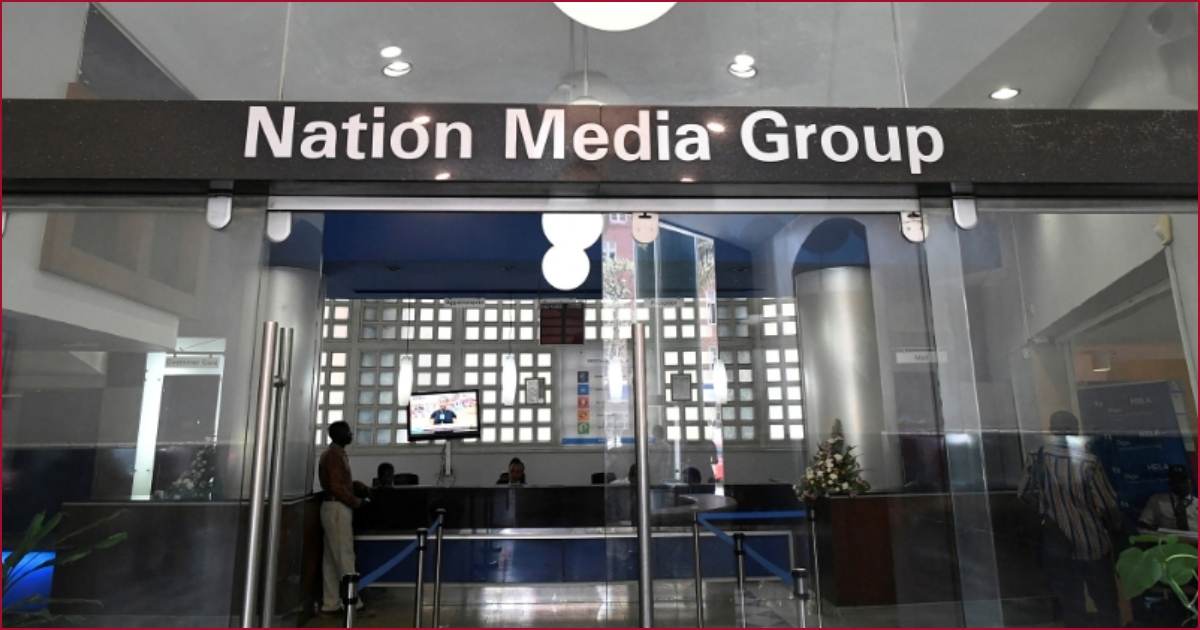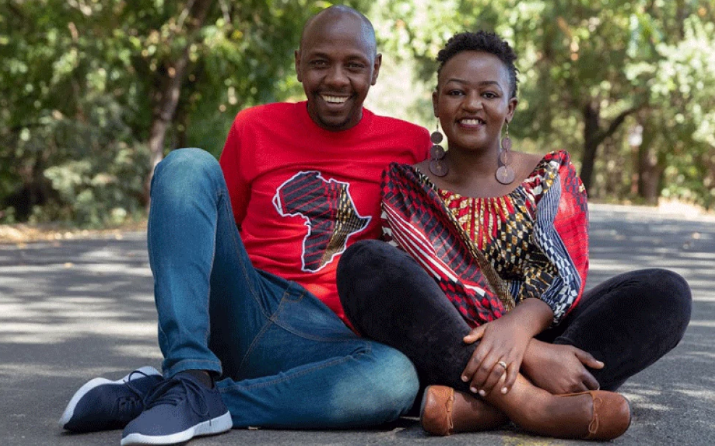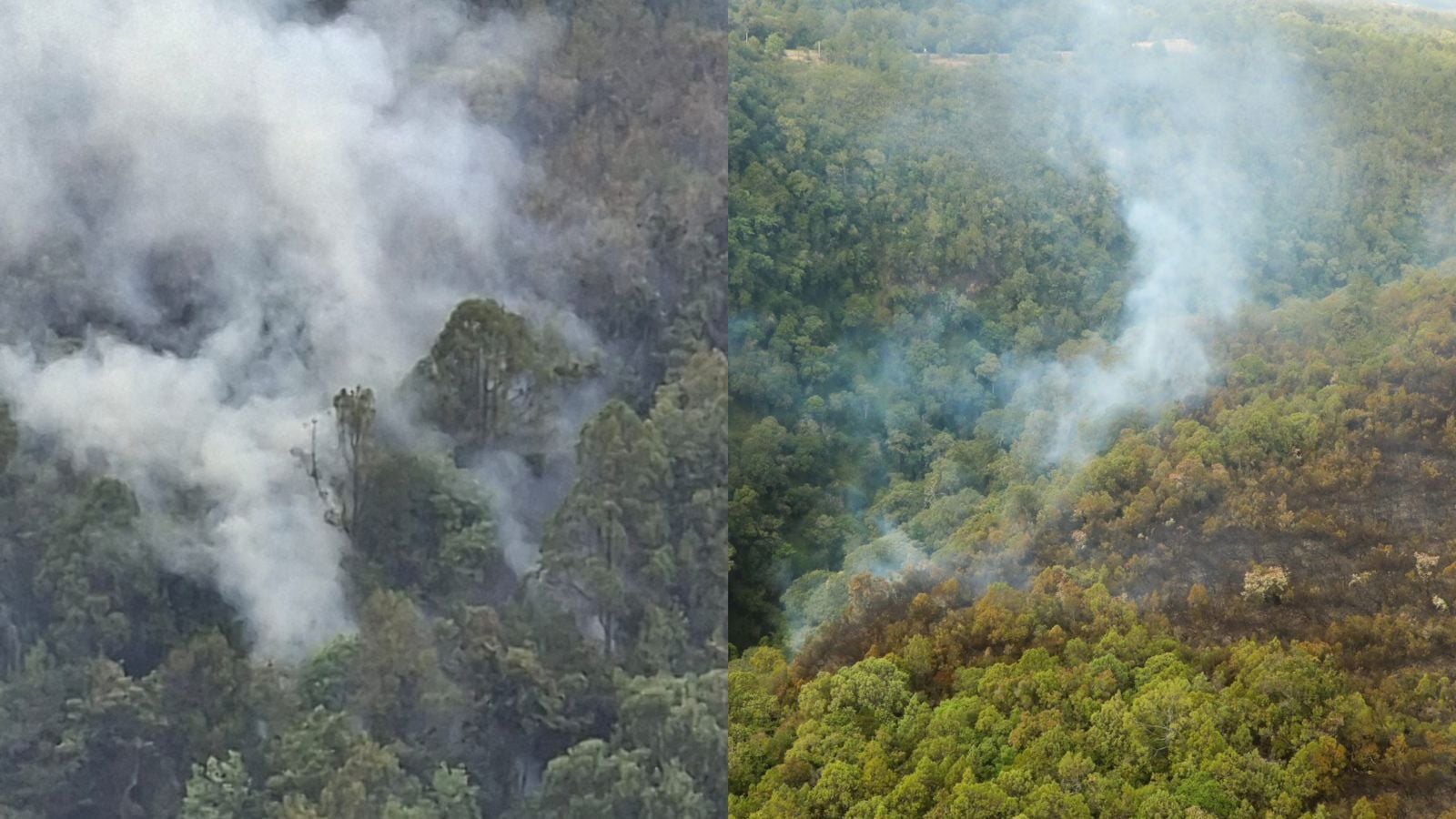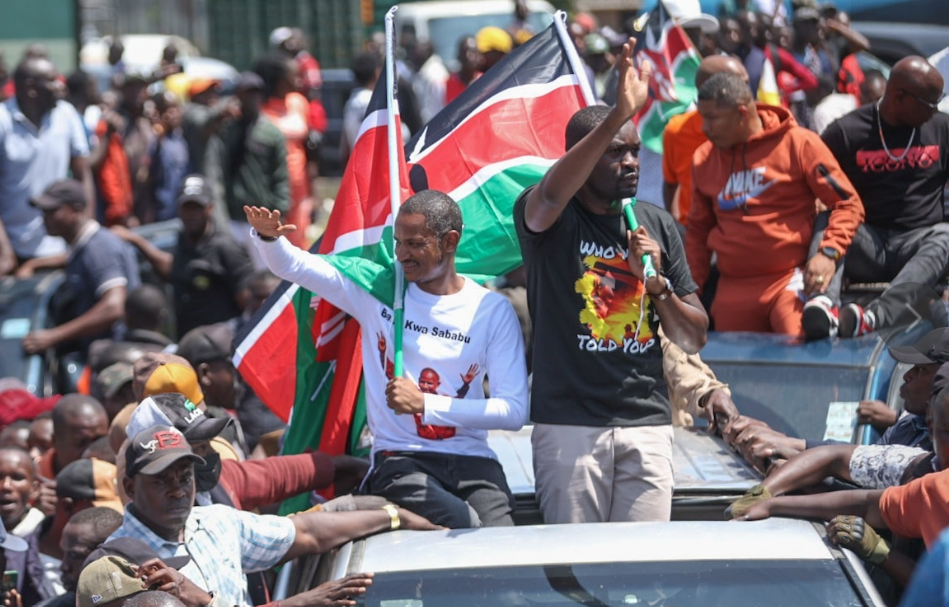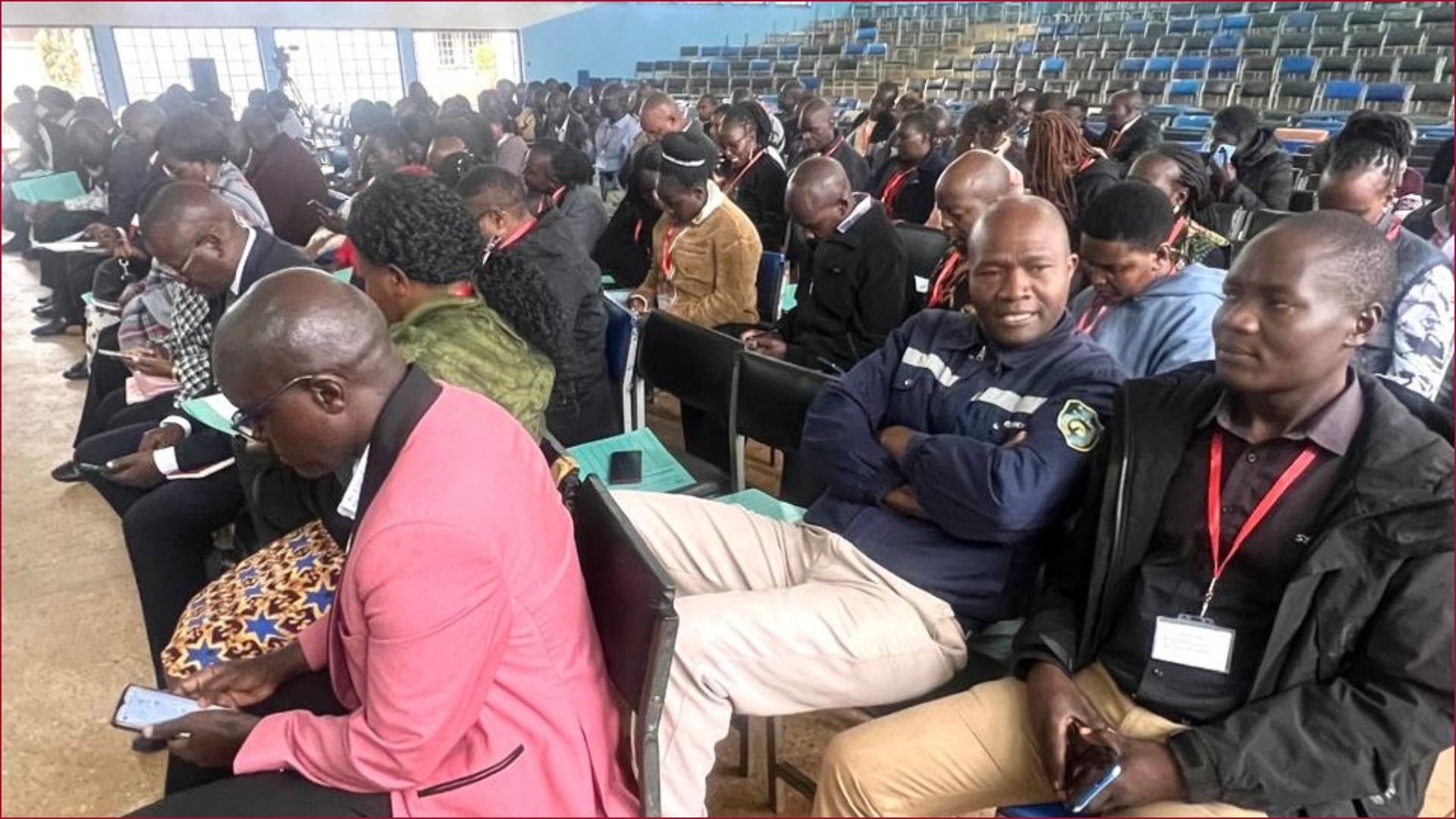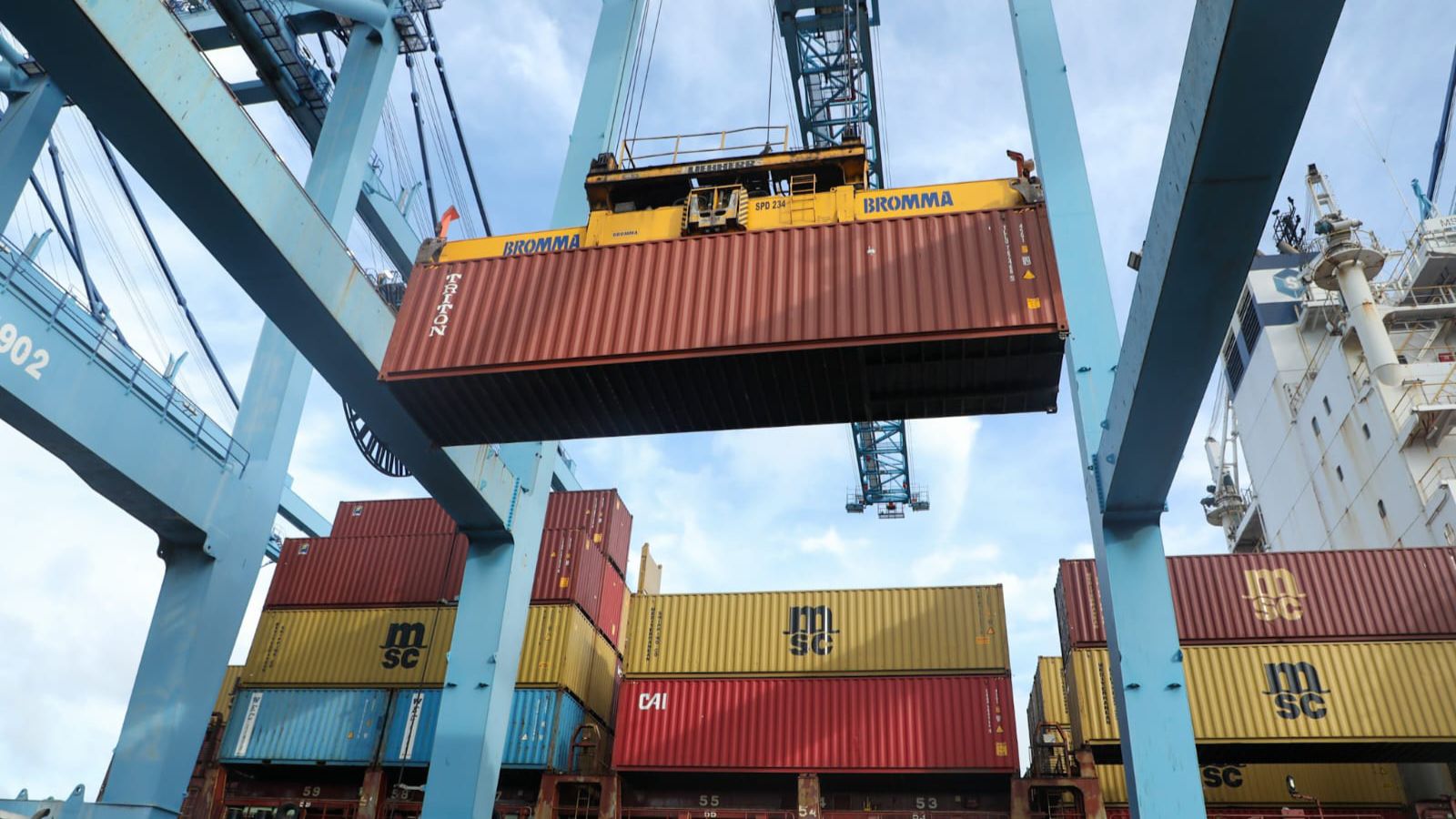The Kenyan matatu scene has welcomed a new addition to the culture. ' Mood, a flashy and unique matatu, was launched on Friday, July 18, at the Kenyatta International Convention Centre (KICC).
In videos seen by Nairobileo.co.ke, the matatu, linked to President William Ruto’s son, George Ruto, was unveiled in a night-long event that drew hundreds of youth and matatu culture enthusiasts.
The ceremony featured a music concert targeted at young people. DJs and MCs played trending youthful songs as the crowd danced into the night. The event ended with the matatu taking a lap through the CBD, accompanied by a large crowd that disrupted traffic for several hours.
While no official statement has been issued confirming ownership, George Ruto’s presence at the event and his known association with other similar projects have fueled widespread speculation.
Beyond the fanfare, ‘Mood’ has attracted attention for the unique features that distinguish it from typical public service vehicles in Nairobi.
Read More
The vehicle's custom interior design features luxury bucket seats, each equipped with a cup holder and a charging port.
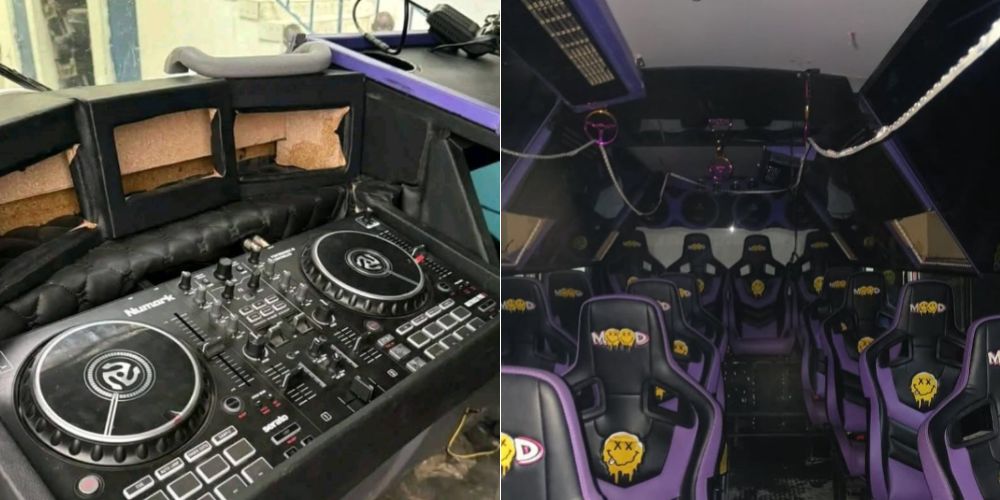
Taking comfort a notch higher, the matatu is fully air-conditioned, a feature expected to elevate the passenger experience, unlike most matatus, which operate with little to no ventilation.
At the cockpit, there is a noticeable modern push-to-start ignition button, enhancing the driver’s experience and adding a layer of sophistication uncommon in the matatu industry.
Another unique feature in the cockpit is a DJ booth, intended to entertain passengers in real-time.
In addition, the installation of a solar panel, previously unheard of in matatus, ensures an uninterrupted power supply for its lighting and entertainment systems. This innovation promotes energy efficiency and allows the matatu to function even during mechanical or electrical interruptions.
To top it off, the vehicle has a custom-made NTSA number plate. According to reports and images shared online, the personalized plate has been approved by the National Transport and Safety Authority (NTSA). This detail has added to the exclusivity of the project, which is estimated to have cost approximately Ksh14 million.

